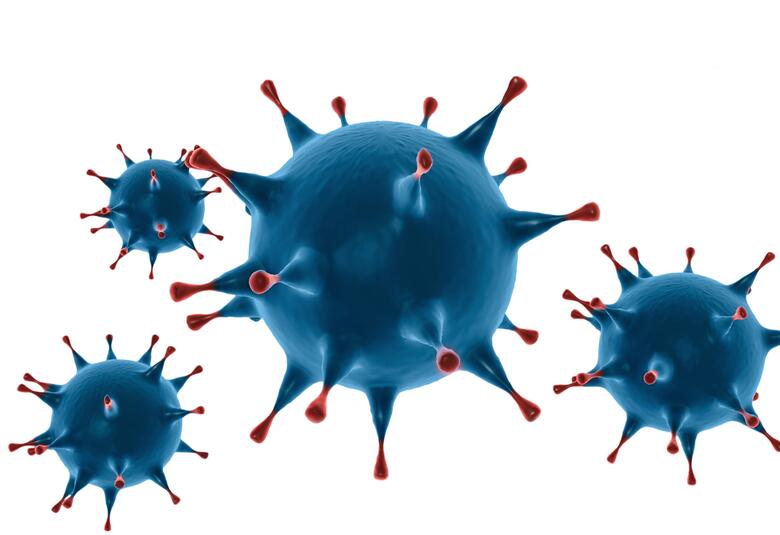Inflammation and abnormal metabolism are observed in major depressive and bipolar disorders, said Professor Roger McIntyre of the University of Toronto, in a keynote plenary presentation for the ISBD 2020 virtual conference. The abnormalities result from both genetic and epigenetic factors and have been shown to impact both cognition and rewarding domains in the brain — which are both implicated in the pathophysiology of mood disorders.
Links between Type 2 Diabetes Mellitus, obesity, cognition and reward
Obesity is a significant moderator of cognitive performance
The expression of insulin and dopamine genes in the prefrontal cortex is altered in obesity, with implications for both cognition and rewarding behavior, explained Professor McIntyre.1
The cognitive deficits include:
- significant cognitive deficits in adults with Type 2 Diabetes Mellitus and linked to poorer glycemic control2
- increased rates of age-related cognitive impairment in people with diabetes and insulin resistance associated with altered brain imaging, major depressive disorder (MDD), and anxiety and depressive-like behaviors3
- substantially worse cognitive performance in people with a body mass index in the obese range, who also have bipolar disorder4
Abnormal rewarding behaviors have also been documented and include:
- choosing immediate rewards relative to larger but delayed and less certain rewards, which has been linked to higher percentage body fat, lower pancreatic β-cell function, and lower striatal dopamine D2-receptor binding in both non-obese and obese people5
- significant differences between parts of the brain involved in feeding behaviors (e.g. rewarding, motivation and control) in obese subjects compared with non-obese subjects — the obese subjects were also more likely to experience anxiety and depression6
Alterations in all four functional domains implicated in adult obesity — sensory cue processing, reward processing, cognitive control and motor control — are also altered in the neonatal brains of offspring of obese mothers.7
Links between inflammation, reward circuitry and MDD
C-reactive protein is linked to anhedonia and motor slowing
Inflammatory cytokines and C-reactive protein (CRP) are elevated in people with MDD and it has been suggested that alterations in cortico-striatal reward circuitry associated with MDD might be driven by inflammation, said Professor McIntyre.8
The effects of CRP on connectivity has also been shown to mediate significant relationships between CRP and anhedonia and motor slowing.8,9
Our correspondent’s highlights from the symposium are meant as a fair representation of the scientific content presented. The views and opinions expressed on this page do not necessarily reflect those of Lundbeck.



